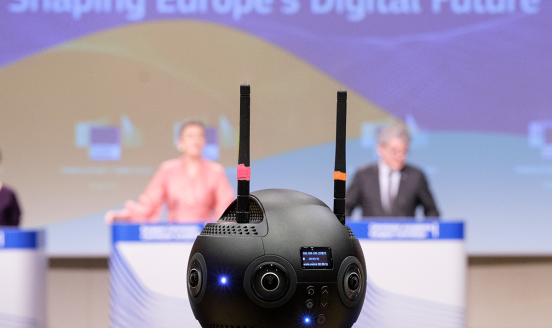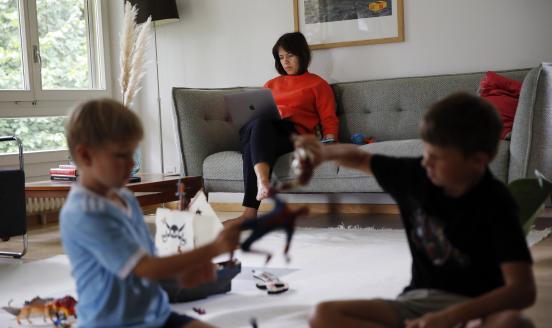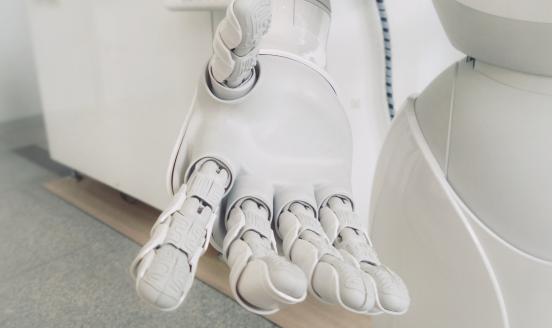
Mia Hoffmann
Mia worked at Bruegel as a Research Analyst until August 2022. She studied International Economics (BSc) at University of Tuebingen, including one semester at the Università di Torino, and holds a Master’s degree in Economics from Lund University.
Before joining Bruegel Mia worked in the international development sector. As a Bluebook Trainee she worked at the European Commission’s Directorate-General for International Cooperation and Development and previously interned at the German development bank DEG, working on credit analysis and restructuring.
Her previous research focused on the impact of migration on economic growth and analyzed the effects of childcare policy on household bargaining. Her current research interests involve issues related to trade, labor markets and inequality.
Mia is a German native speaker, is fluent in English and has good working knowledge in French and Italian.
Featured work

European Union countries’ recovery and resilience plans

The impact of artificial intelligence on the nature and quality of jobs
Policymakers should strengthen the role of social partners in the adoption of AI technology to protect workers’ bargaining power.

Beating burnout: identifying bad jobs and improving job quality
To improve wellbeing at work, job quality policy should pay more attention to imbalances in job content and the social environment at work.

The triple constraint on artificial-intelligence advancement in Europe
Skills, data and financing shortcomings constrain artificial-intelligence innovation in Europe.

What is holding back artificial intelligence adoption in Europe?
To accelerate the roll-out of AI technology across the European Union, policymakers should alleviate constraints to adoption faced by firms.

Biometric technologies at work: a proposed use-based taxonomy
We define biometric technologies as AI technologies that rely on biometric data to derive inferences about the individual whose data is collected.

Instruments of a strategic foreign economic policy
Study for the German Federal Foreign Office produced by Bruegel, the Kiel Institute for the World Economy and DIW Berlin.

The socioeconomic effects of COVID-19 on women
The pandemic has disproportionately affected women both professionally and at home. Although the gender gap in labour force participation since the on

Understanding the socioeconomic effects of the COVID-19 pandemic on women
Testimony before the European Parliament's Committee on Economic and Monetary Affairs (ECON) on the consequences of the pandemic on women.

Building the Road to Greener Pastures
How the G20 can support the recovery with sustainable local infrastructure investment.

Workers can unlock the artificial intelligence revolution
Employers and artificial intelligence developers should ensure new technologies work for workers by making them trustworthy, easy to use and valuable

Corporate insolvencies during COVID-19: keeping calm before the storm
Measures in major economies have protected companies from COVID-19 related insolvency, but have also protected weak firms. Nevertheless, support shoul